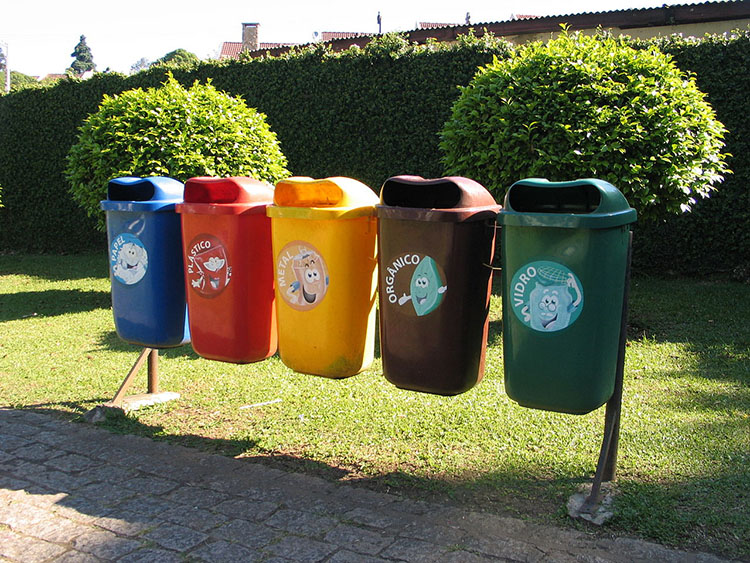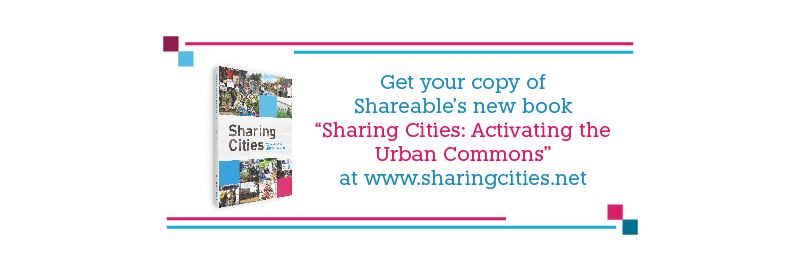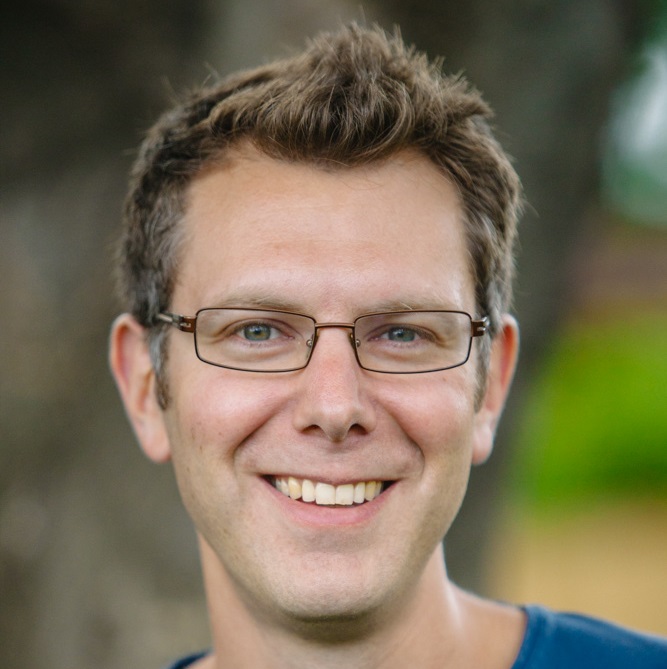Here's the problem: Cities in developing countries often lack funding for waste-management facilities that are equipped to recycle organic and nonorganic waste. This lack of infrastructure exposes many economically marginalized communities to pollution and creates a downward spiral of environmental and health problems. Food security is also a major issue for people living in these communities. This results in higher levels of malnutrition. For those living in slums, access to public transportation is often limited and expensive, which leads to further social and economic exclusion.
Here's how one organization is working on the problem: Back in 1989, the Curitiba "Cambio Verde" (Green Exchange) in Brazil, was one of several interconnected city programs that was created in response to a national policy that recognized solid waste as a vehicle to eliminate poverty. The core of these programs was to shift the paradigm from viewing waste as a problem to seeing it as an economic resource.
The Green Exchange program encapsulates this approach by encouraging people living in slums to collect organic and recyclable waste, separate it, and deposit it at the nearest waste stations. In exchange for this work, people receive food, bus tickets, school books, and other useful items. The exchange is carried out fortnightly in various areas around the city of Curitiba, based on a calendar managed by the city’s environmental department.
Results:
- The Curitiba Green Exchange's innovative solution has helped remove waste from slums and surrounding areas, increased awareness on waste, and has unlocked an even broader range of social and economic benefits. The program, with a strong sustainable development agenda through education on environmental preservation, combats hunger, malnutrition, and poverty by giving people the opportunity to exchange waste for food.
- It has also generated a number of employment opportunities, because the city's poorest residents could now travel to the city center for work. These employment opportunities bring in more tax revenue to fund public services — so the city benefits, too.
- Green Exchange employs around 600 workers, and Curitiba is now one of the most successful cities globally in waste management. In 2010, the program won the Globe Sustainable City Award for excellence in sustainable urban development.
Learn more from:
- Cambio Verde (Portuguese)
This case study is adapted from our latest book, "Sharing Cities: Activating the Urban Commons." Get a copy today.










